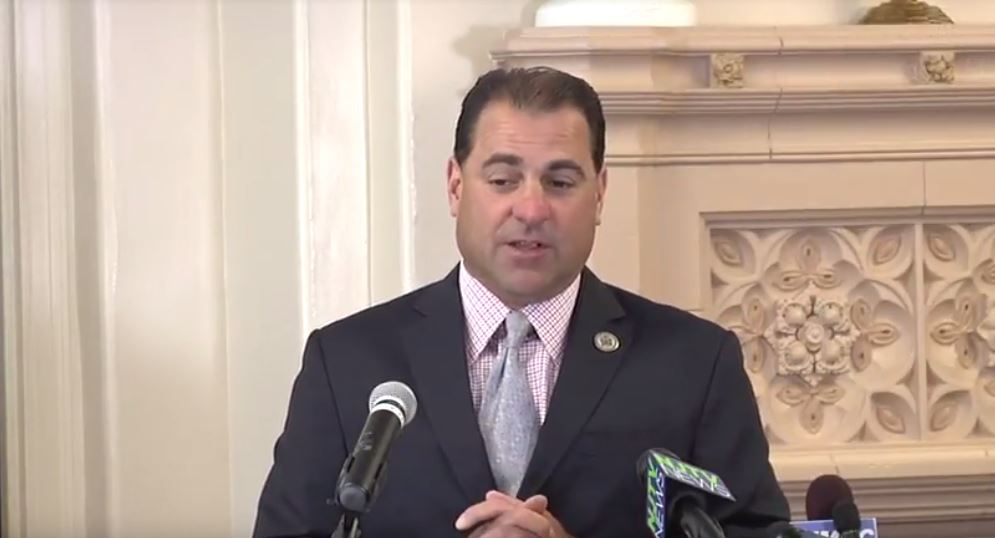
TRENTON – The Senate today approved reform legislation authored by Senate Budget Chair Paul Sarlo (D-Bergen) that will require real-time auditing of billions of dollars in state health insurance claims to prevent overpayments.
The bill, S-3042, also will provide the state with full access to healthcare claims data that the state’s health insurers has withheld as proprietary – data that the state needs to build its own database to analyze healthcare costs and develop future savings
“This legislation will provide significant cost savings on healthcare costs by assuring real time auditing of the billions of dollars we pay out in claims every year for current and retired teachers and state, county and municipal government employees, and it will do so while providing savings both to public employees and to taxpayers, ” said Senator Sarlo. “This is an important bill, but it is also a compromise.
“Since last March, I have been pushing for a bifurcated system with an independent Third Party Administrator that would clearly separate the claims adjudication process from the health insurance provider network. This is the system that was recommended by the bipartisan Economic and Fiscal Policy Workgroup that I co-chaired and by the Governor’s task force on healthcare reform. The Administration, however, was only willing to go as far as a real-time third party audit, so that is what we did.”
By gaining full access to claims data that the health insurance provider networks had previously deemed proprietary, the state government will have a chance to fully analyze the principal drivers of healthcare costs and create a better plan design that will provide cost savings year after year.
“One of the most important provisions of this bill is that it will guarantee that the state will have ownership and access to all health insurance claims data,” Senator Sarlo said. “As both Treasury and the public employee unions have recognized, this data is vital to analyzing healthcare costs and redesigning our public employee and retiree healthcare system in future years to maximize savings.”
The legislation is patterned after the Pharmacy Benefits Manager program that the Legislature created in 2016 that saved hundreds of millions of dollars by providing real -time auditing of pharmaceutical bills.
The vote was 35 – 0.

